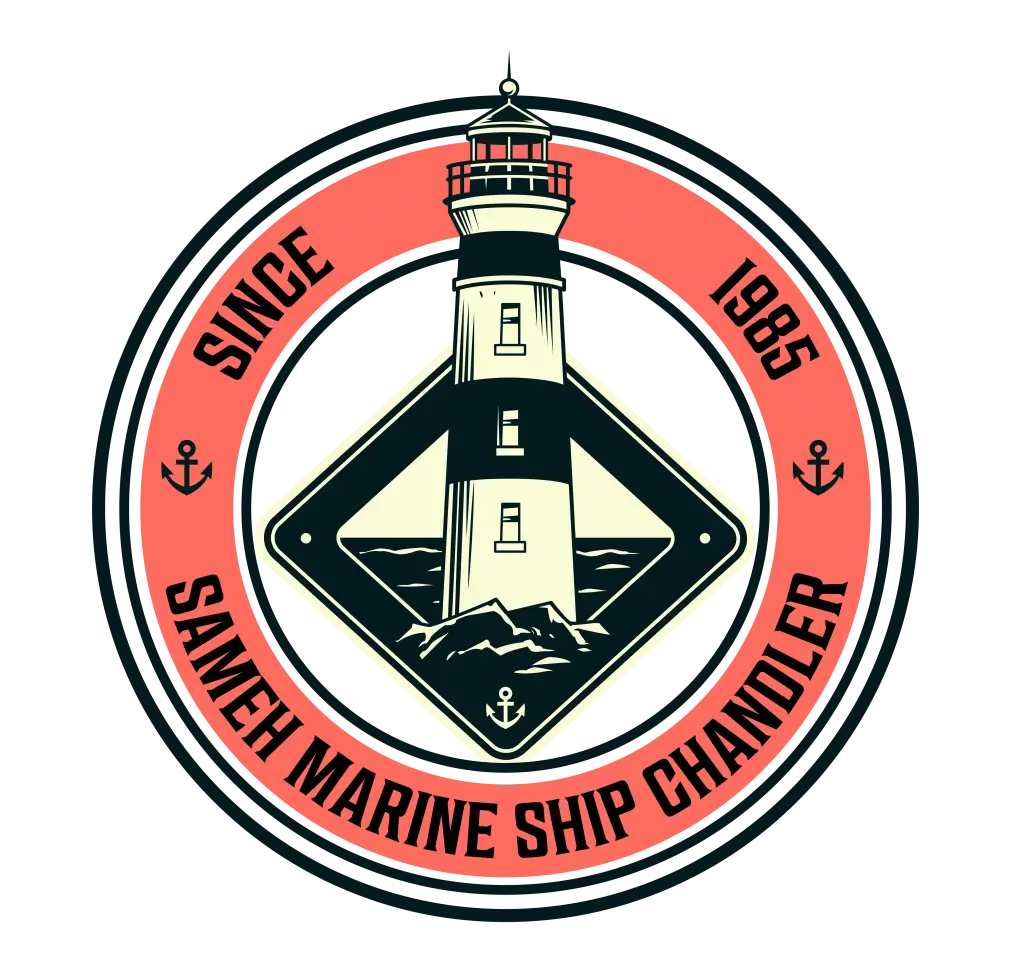In the time of marine industries, the management and treatment of bilge water stand as crucial pillars of environmental stewardship. Bilge water, a concoction of oil, grease, chemicals, and other pollutants, poses a significant threat to marine ecosystems if not properly treated before discharge. Bilge water treatment systems play a pivotal role in ensuring compliance with environmental regulations services while safeguarding our oceans and waterways.
Understanding Bilge Water Treatment Systems
What is Bilge Water?
Bilge water refers to the growth of liquids that collect in the lowest part of a ship’s hull. It is a byproduct of various onboard activities such as engine operation, machinery maintenance, and cargo handling. The composition of bilge water can vary widely, containing oil, grease, lubricants, chemicals, and suspended solids.
Importance of Bilge Water Treatment
The significance of bilge water treatment stems from its potential to cause environmental harm. Untreated bilge water discharged into marine environments can lead to oil spills, contamination of water bodies, and harm to aquatic life. Therefore, effective treatment of bilge water is essential to mitigate these risks and protect marine ecosystems.
How do Bilge Water Treatment Systems Work?
Bilge water treatment systems employ various mechanisms to ensure environmentally friendly shipping by removing pollutants and contaminants before discharge. These systems typically include processes such as physical separation, chemical treatment, and biological degradation. Centrifugal separators, coalescers, and biological treatment units are among the common technologies used in bilge water treatment systems.
Types of Bilge Water Treatment Systems
Centrifugal Separators
Centrifugal separators utilize centrifugal force to separate oil and water phases, allowing for the removal of oil and solid particles from bilge water. They are highly efficient in removing oil droplets and contaminants, making them a popular choice for bilge water treatment systems. However, spreading separators may require regular maintenance and monitoring to ensure optimal performance.
Coalescers
Coalescers function by promoting the aggregation of oil droplets, allowing them to coalesce and form larger droplets that can be easily separated from water. These systems are effective in removing oil and grease from bilge water, offering a reliable method for pollution control. Coalescers are known for their compact design and ease of installation, making them suitable for various vessel types.
Biological Treatment Systems
Biological treatment systems harness the power of microorganisms to degrade organic pollutants present in bilge water. These systems utilize bacteria, enzymes, and other microorganisms to break down oil and organic compounds, transforming them into harmless byproducts. Biological treatment offers a sustainable and environmentally friendly approach to bilge water treatment, but it may require longer retention times and careful monitoring of operational parameters.
Factors to Consider When Choosing a Bilge Water Treatment System
Selecting the right bilge water treatment system involves evaluating several factors to ensure compliance, efficiency, and cost-effectiveness. Vessel type and size, regulatory requirements, maintenance needs, and budget constraints are among the key considerations for decision-makers. Additionally, the performance, reliability, and compatibility of the system with onboard operations must be carefully assessed.
Key Features to Look for in Bilge Water Treatment Systems for Sale
When exploring bilge water treatment systems for sale, several key features and attributes should be considered:
- Efficiency in Oil and Pollutant Removal: The system should demonstrate high efficiency in removing oil, grease, and other pollutants from bilge water.
- Compactness and Ease of Installation: Space constraints onboard vessels necessitate compact and easily installable systems that can seamlessly integrate with existing infrastructure.
- Compliance with Industry Standards: Ensure that the system meets regulatory requirements and industry standards for bilge water treatment and discharge.
- Integration with Existing Systems: Compatibility with vessel systems and automation capabilities can streamline operations and enhance overall efficiency.
Top Manufacturers and Suppliers of Bilge Water Treatment Systems
Several reputable manufacturers and suppliers offer a wide range of bilge water treatment systems tailored to diverse marine applications. Companies such as Sameh Marine Solutions, Environmental Technologies, and Marine Engineering are among the leading providers known for their innovative technologies and reliable products. Conducting thorough research, consulting with industry experts, and considering disposal waste factors can help in selecting the most suitable system for specific operational requirements.
Pricing and Budget Considerations
The cost of bilge water treatment systems varies depending on factors such as capacity, technology, features, and brand reputation. While initial investment costs may seem significant, it is essential to consider the long-term benefits and cost savings associated with efficient pollution control and regulatory compliance. Moreover, factors such as maintenance expenses, spare parts availability, and technical support should be factored into the overall budgetary considerations.
Conclusion
Bilge water treatment systems play a vital role in safeguarding marine environments and ensuring regulatory compliance within the maritime industry. By investing in quality treatment systems, vessel operators can mitigate environmental risks, protect aquatic ecosystems, and demonstrate commitment to sustainable practices. As technological advancements continue to drive innovation in pollution control and environmental management, the adoption of effective bilge water treatment solutions remains paramount in preserving the health and integrity of our oceans and waterways.
Remember, when considering bilge water treatment systems for sale, prioritize efficiency, compliance, and reliability to uphold environmental standards and promote responsible stewardship of our marine resources.
This comprehensive guide offers valuable insights into the world of bilge water treatment systems for sale, addressing key considerations, features, and industry best practices. Whether you’re a maritime professional, vessel operator, or environmental advocate, understanding the importance of bilge water treatment is essential in protecting our oceans and waterways for generations to come.
